 |
 |
 |
 |
 |
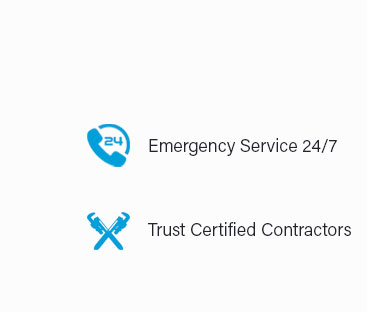 |
 |
 |
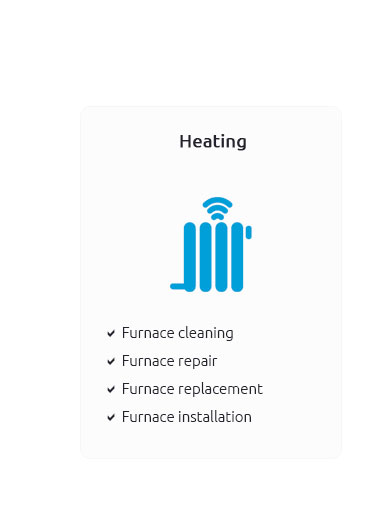 |
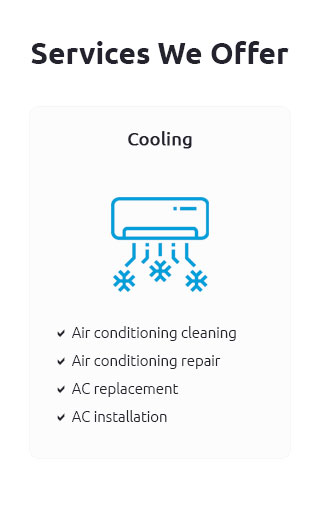 |
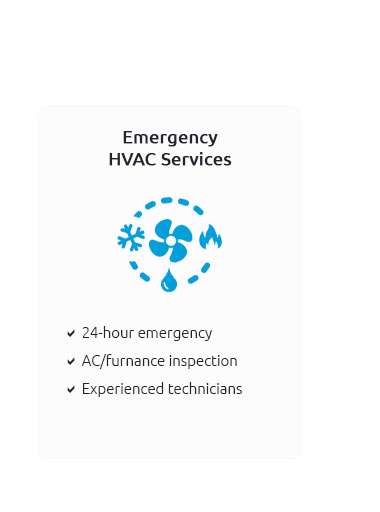 |
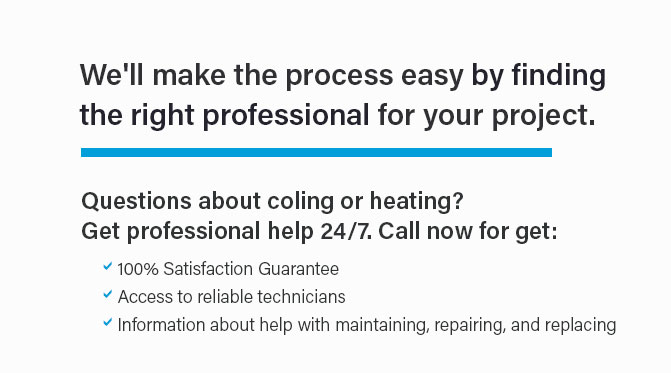 |
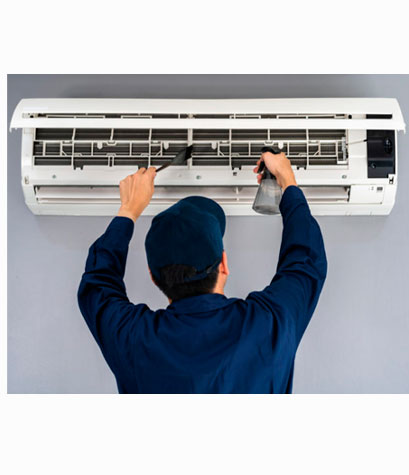 |
 |
 |
 |
|
Experience unparalleled comfort and efficiency with our top-tier HVAC services-where expert AC and heating specialists meet local contractors to deliver exceptional HVAC repair and replacement solutions; whether it's a sweltering summer day or a frigid winter night, our team ensures your home remains a sanctuary of perfect climate control, bringing you peace of mind and unyielding quality that stands head and shoulders above the rest-trust in the best to keep your environment just right.
https://www.yelp.com/search?find_desc=Hvac+Repair&find_loc=Austin%2C+TX
replacement of overhead lighting and a proper plug for my new HVAC ... https://www.stansac.com/hvac-replacement
If your unit is beyond repair, then our technicians will recommend an HVAC replacement. We'll walk you through your options, taking budget and the size of your ... https://www.stansac.com/hvac-repair
Stan's Heating, Air, Plumbing & Electrical is proud to offer professional HVAC repairs for your heating and air conditioning system in Austin.
|